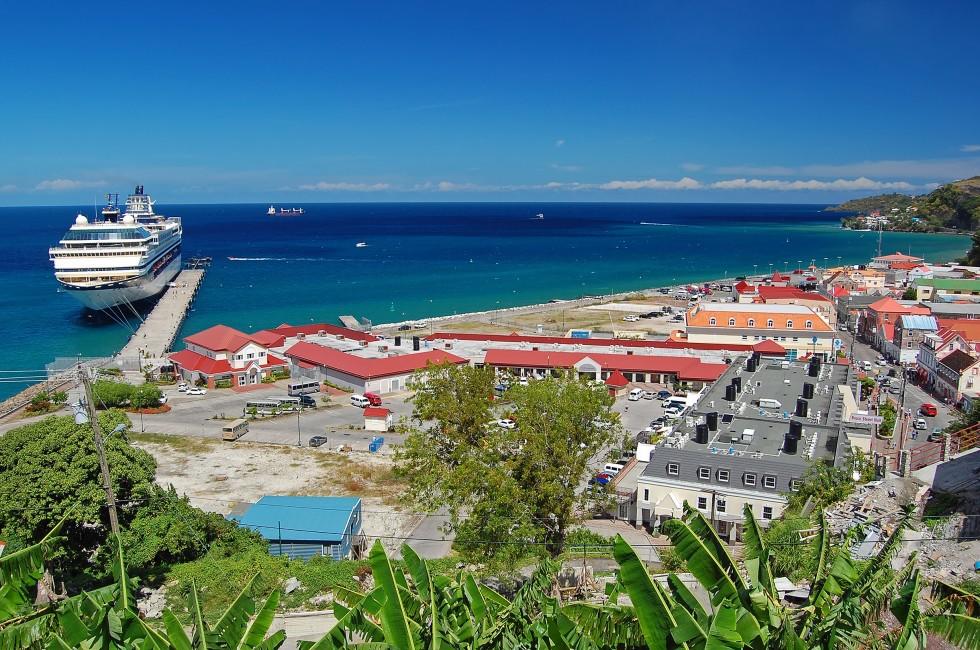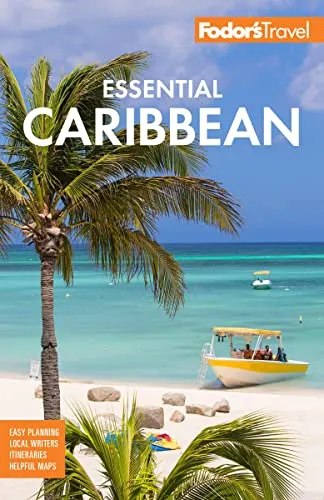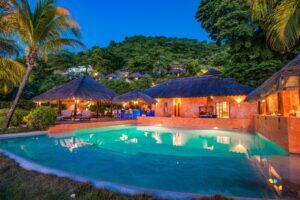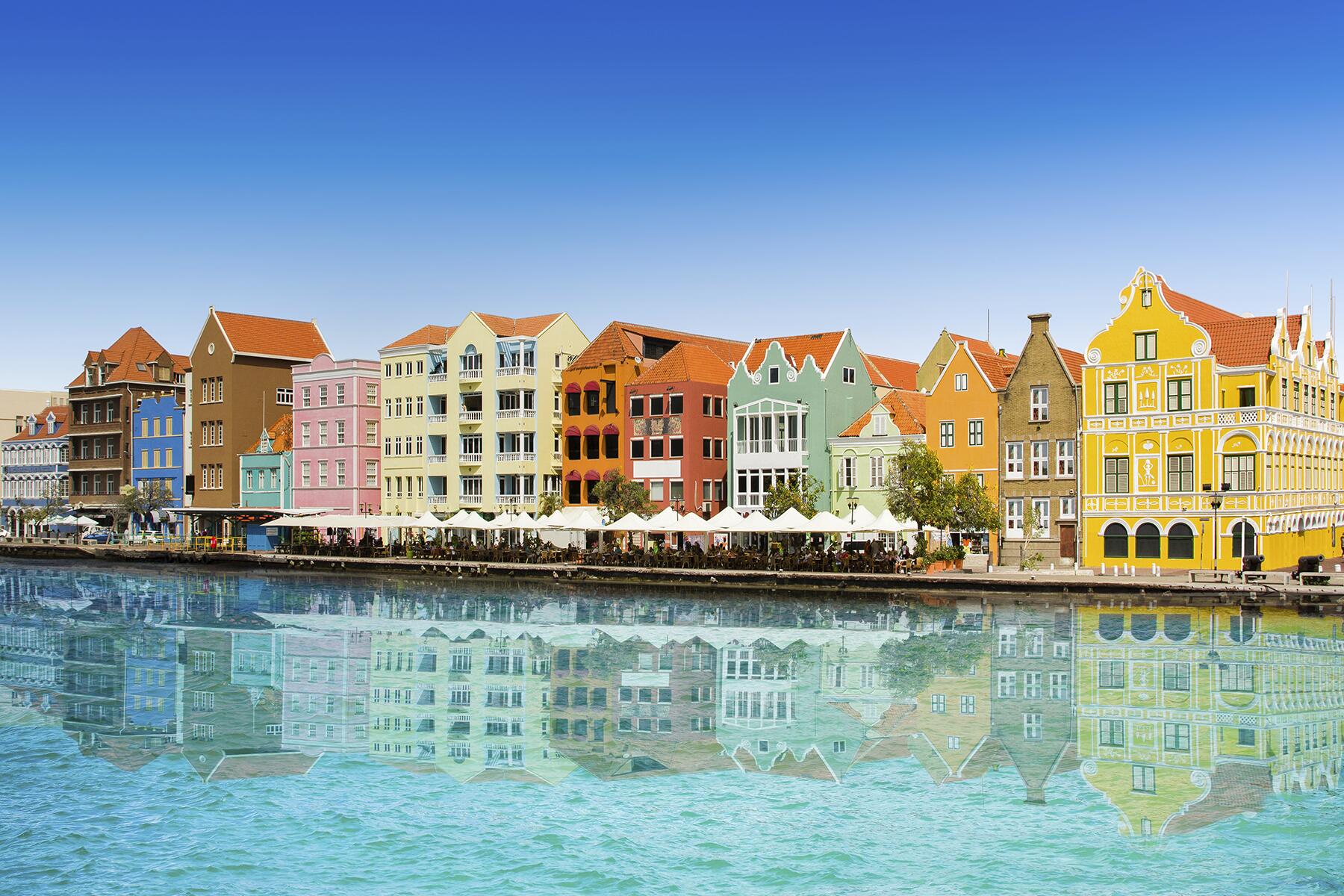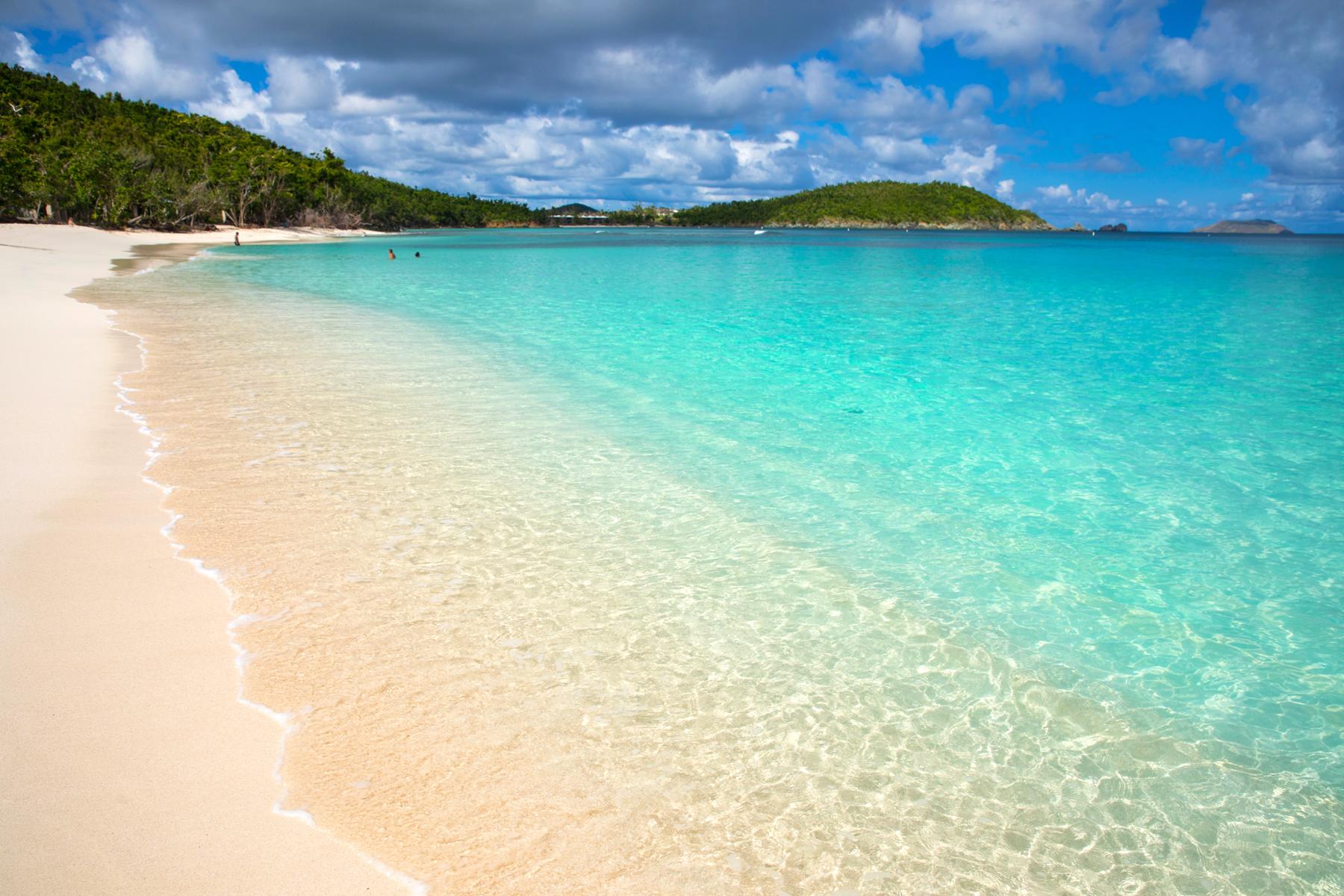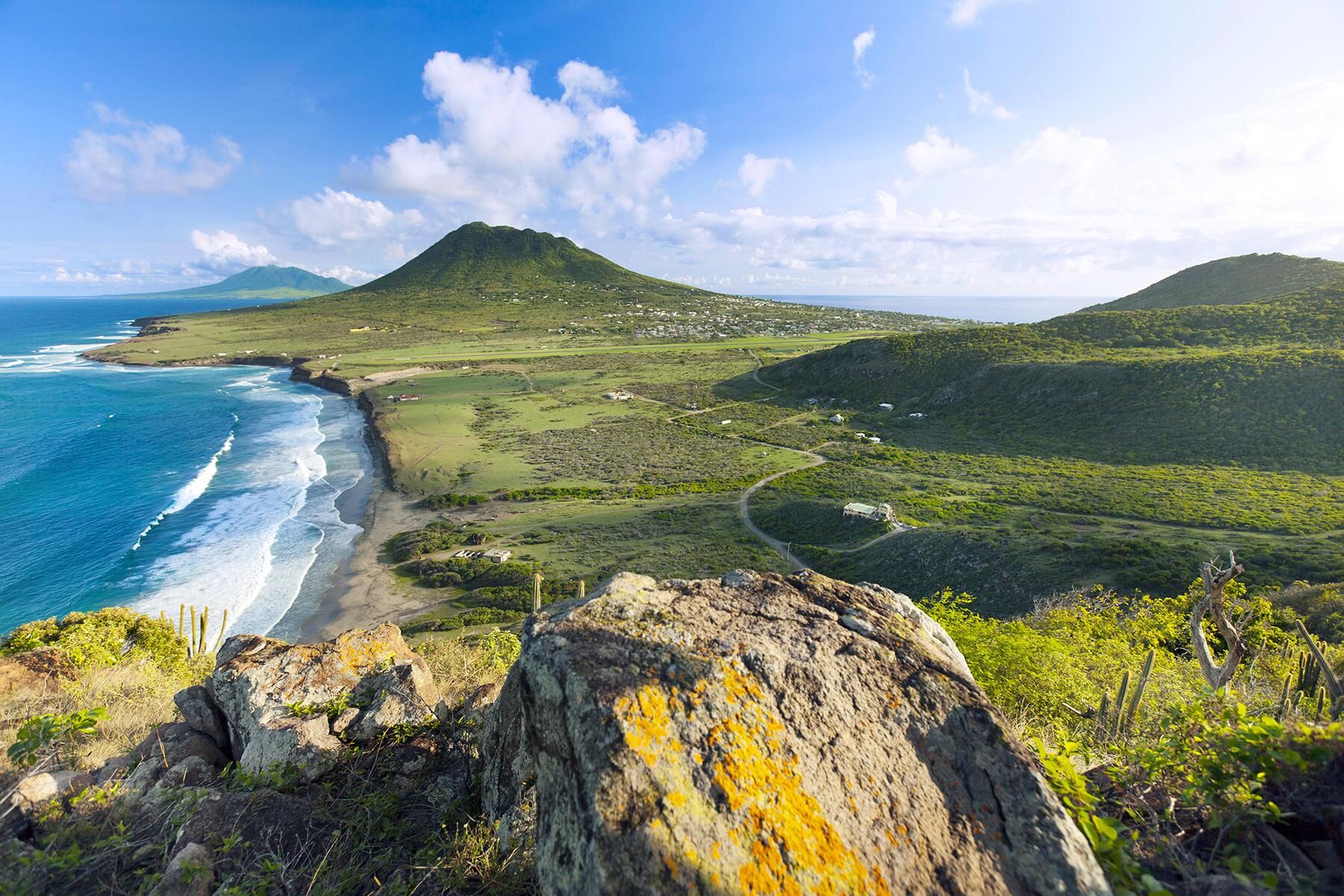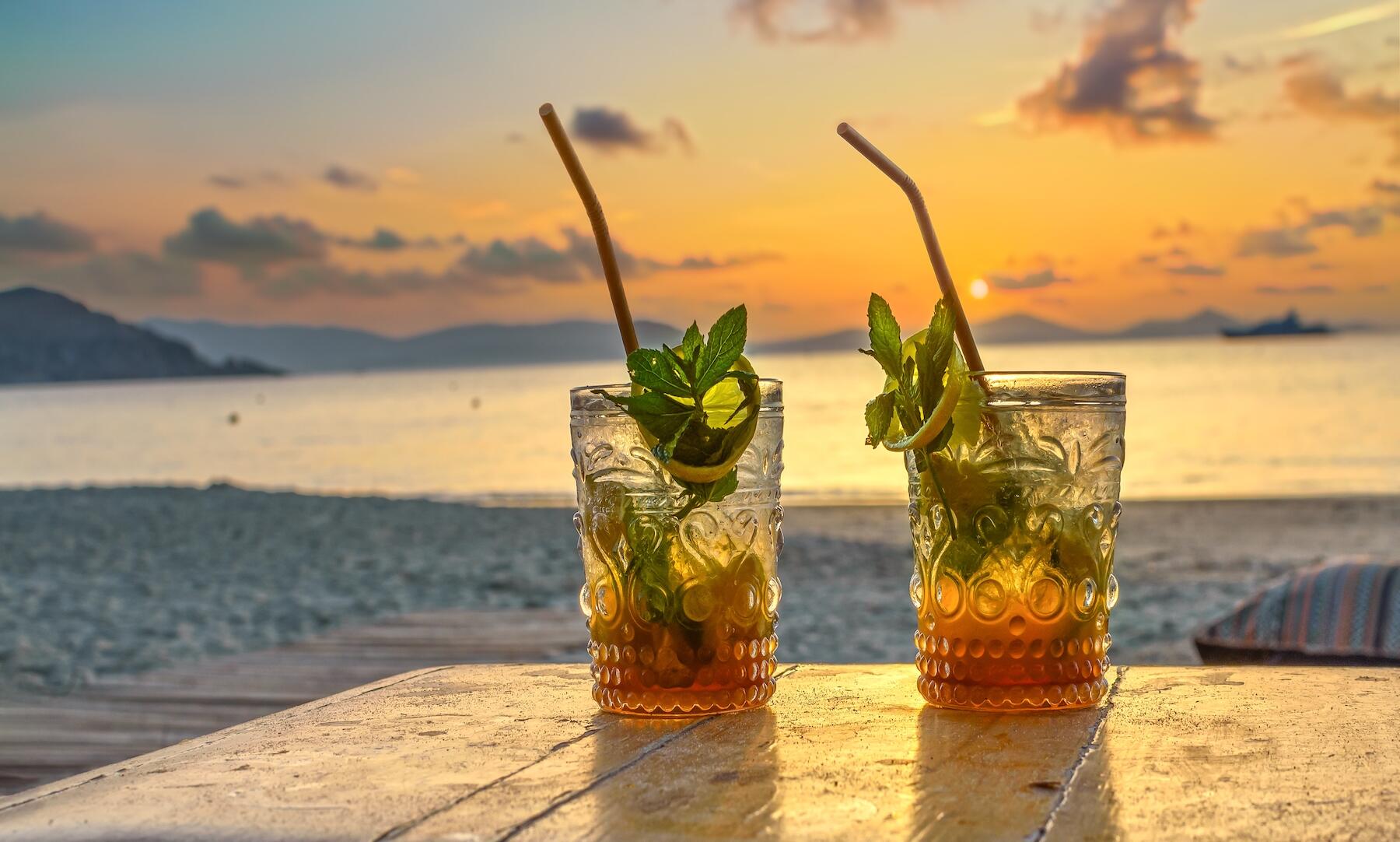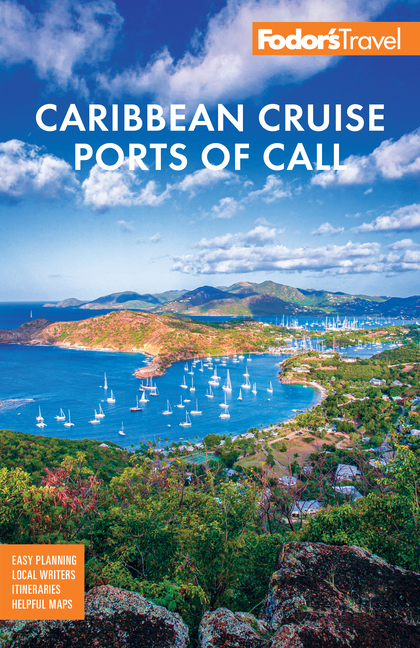Grenada
Grenada
The lush island of Grenada has 45 beaches and countless secluded coves. Crisscrossed by nature trails and laced with spice plantations, its mountainous interior consists mostly of nature preserve and rain forest. Independent since 1974, Grenada has developed a healthy tourism sector and a modern infrastructure, including a variety of hotels and resorts, good roads, up-to-date technology, and reliable utilities.
The nation of Grenada actually consists of three islands: Grenada, the largest, has a population of about 106,000; Carriacou (car-ree-a-coo), north of Grenada, has a population of just over 6,000; and Petite Martinique has a population of about 900. Carriacou and Petite Martinique are popular for day trips, fishing adventures, sailing destinations, or diving and snor...
Read MoreThe lush island of Grenada has 45 beaches and countless secluded coves. Crisscrossed by nature trails and laced with spice plantations, its mountainous interior consists mostly of nature preserve and rain forest. Independent since 1974, Grenada has developed a healthy tourism sector and a modern infrastructure, including a variety of hotels and resorts, good roads, up-to-date technology, and reliable utilities.
The nation of Grenada actually consists of three islands: Grenada, the largest, has a population of about 106,000; Carriacou (car-ree-a-coo), north of Grenada, has a population of just over 6,000; and Petite Martinique has a population of about 900. Carriacou and Petite Martinique are popular for day trips, fishing adventures, sailing destinations, or diving and snorkeling excursions, but most of the tourist activity is on the island of Grenada itself. People interested in a really quiet, get-away-from-it-all vacation will, however, appreciate the simple pleasures of Carriacou during an extended stay.
St. George's, the capital, is a busy city with buildings and landmarks that date back centuries; its harbor is one of the most picturesque in the Caribbean. Grand Anse, south of the capital, boasts one of the region's finest beaches.
Although Christopher Columbus never set foot on Grenada, he did cruise by in 1498, naming the island Concepción. Spanish sailors following in his wake renamed it Granada, after the city in the hills of their homeland. Adapted to Grenade by French colonists, the transformation of the name to Grenada was completed by the British in the 18th century.
Throughout the 17th century, Grenada was the scene of many bloody battles between the indigenous Carib people and the French. Rather than surrender to the Europeans after losing their last battle in 1651, the Caribs committed mass suicide by leaping off a cliff, now called Carib's Leap or Leapers Hill, in Grenada's northernmost town of Sauteurs (French for "jumper"). The French were later overwhelmed by the British in 1762, the beginning of a seesaw of power between the two nations. The Treaty of Versailles in 1783 ultimately granted Grenada to the British. Almost immediately, thousands of African slaves were brought in to work the sugar plantations (although slavery in Grenada actually began with the French colonization in 1650). An unsuccessful revolt in 1795, known as Fédon's Rebellion, attempted to end slavery in Grenada and allow native French-speaking Grenadians the same dignity and respect enjoyed by British colonists. However, slavery on the island wasn't finally abolished until 1834.
Forts begun by the French to protect St. George's Harbour during their colonization of Grenada were later completed and used by the British during theirs. Today Ft. George and Ft. Frederick are two of the most visited sites in St. George's. Besides their historical interest, the two locations have magnificent views of the harbor, the capital city itself, and the distant mountains and countryside. Not a single shot was fired from either fort for more than two centuries. In 1983, however, Prime Minister Maurice Bishop and seven others were murdered at Ft. George during a coup d’état. That event triggered the request from Grenada's governor-general and the heads of state of neighboring islands for U.S. troops to intervene, which they did on October 25, 1983. The insurrection came to an immediate halt, perpetrators were imprisoned, and peace was restored.
From that time forward, Grenada's popularity as a vacation destination has increased with each decade, as travelers continue to seek welcoming, interesting, picturesque islands to visit. Most hotels, resorts, and restaurants in Grenada are family-owned and -run (mostly by Grenadians); their guests often become good friends. All Grenadians, in fact, have a well-deserved reputation for their friendliness, hospitality, and entrepreneurial spirit.
Recommended Fodor’s Video
Hotels
Things to Do
Things to Do
Find the perfect tours and activities in Grenada.
Where to Eat
Where to Eat
Need to Know
Need to Know
Language
EnglishNearby Airports
GNDElectrical Outlets
230v/50 cycles; plugs are UK standard three-prongCurrency
Eastern Caribbean dollar; pegged to the U.S. dollarLanguage
EnglishElectrical Outlets
230v/50 cycles; plugs are UK standard three-prongCurrency
Eastern Caribbean dollar; pegged to the U.S. dollarNearby Airports
GNDNeighborhood Guides
Discover the best neighborhoods in Grenada with curated recommendations from our editors.
essentials
transportation
resources
Neighborhood Guides
Discover the best neighborhoods in Grenada with curated recommendations from our editors.
Neighborhood Guides
Discover the best neighborhoods in Grenada with curated recommendations from our editors.
essentials
transportation
resources
Articles
Articles See All
Guidebooks
Guidebooks
Our worldwide travel correspondents bring you the best and most up-to-date coverage of over 7,500 global destinations.
Shop NowFodor's Essential Caribbean
Whether you want to stay at an all-inclusive resort, find the best beach, or snorkel...
Fodor's Caribbean Cruise Ports of Call
Whether you want to snorkel around one of the colorful coral reefs in Bonaire, explore...
